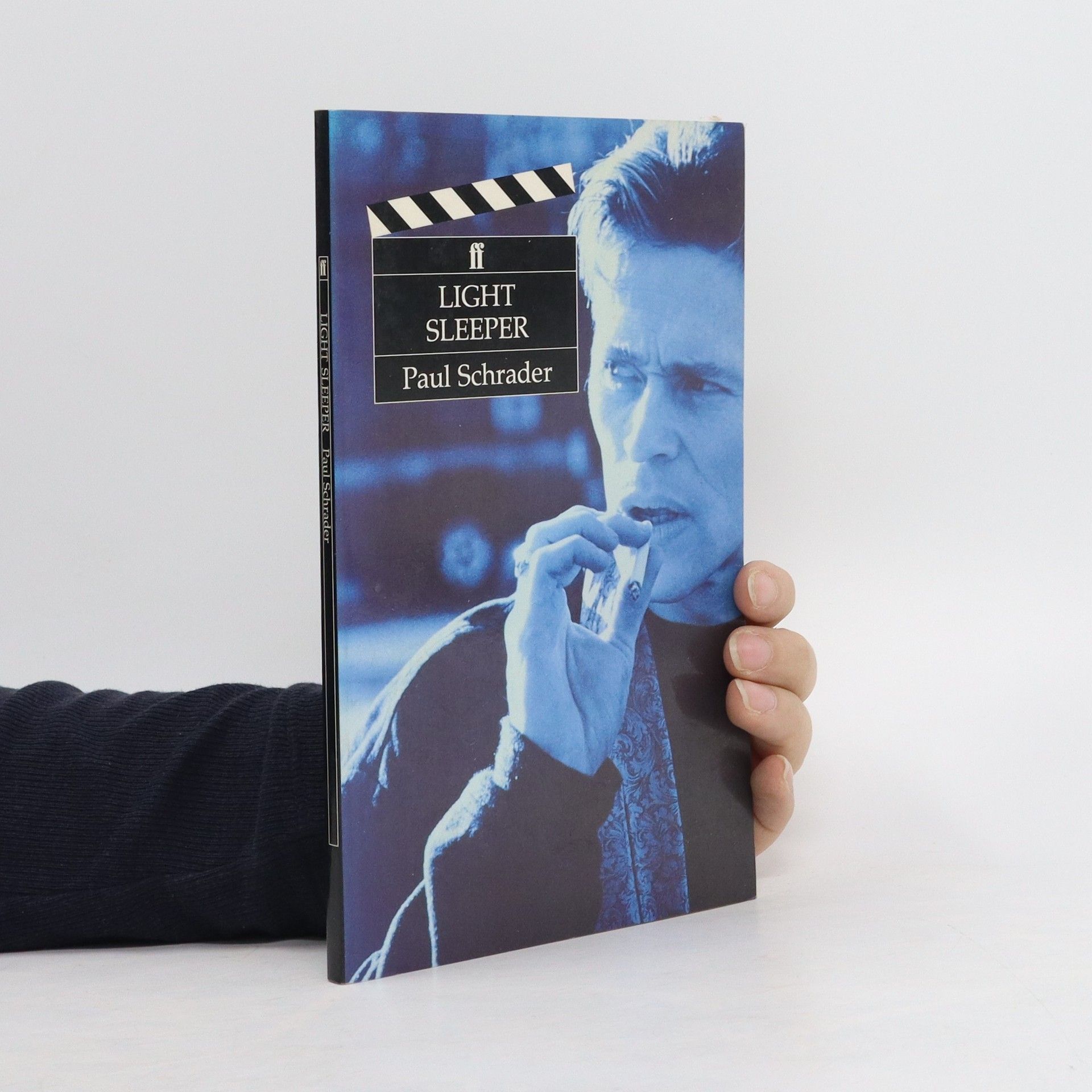A study of loneliness, crime and retribution that makes a third panel for the triptych which began with "Taxi Driver" and "American Gigolo". John le Tour is an up-market drug-dealer who has turned 40 and is facing a turning point in his life as his boss is about to quit drug-dealing.
Paul Schrader Boeken
Paul Schrader, een filmmaker die vaak wordt geassocieerd met de 'movie brat'-generatie, heeft een uniek pad bewandeld. Zijn opvoeding in een streng calvinistisch gezin beperkte aanvankelijk zijn blootstelling aan film, maar dit leidde tot een diepe, kritische betrokkenheid bij het medium na zijn uiteindelijke studie. Schrader's werk als regisseur en scenarioschrijver wordt gekenmerkt door een diepe interesse in transcendente cinema, waarbij hij inspiratie put uit regisseurs als Bresson en Ozu, een passie die hij onderzocht in zijn kritische geschriften. Zijn films staan bekend om hun gedurfde stilistische en thematische exploraties, die vaak binnen het Hollywood-kader opereren en tegelijkertijd de grenzen ervan verleggen.





A loner, Travis Bickle, takes up driving a taxi in search of an escape from his sleeplessness and his disgust with the corruption he finds around him. His pent-up rage, fuelled by his doomed relationship with a political campaign worker, leads to an inevitable descent into psychosis and violence.
First Reformed
- 120bladzijden
- 5 uur lezen
Called “an ecstatic, arc-bright wonder and terror” by The New Yorker, this major work of art now receives a first printing, featuring a brilliant introductory essay by Masha Tupitsyn. This Academy Award-nominated screenplay is one of the greatest and most urgent in Paul Schrader’s long and decorated career. Called a “portrait of a soul in torment, all the more powerful for being so rigorously conceived and meticulously executed” in the New York Times, First Reformed follows the Rev. Ernst Toller as his crisis of faith coincides with a recognition of looming environmental catastrophe. It is an uncompromising work that seamlessly synthesizes a tribute to Bresson with a profound, existential meditation on the everexpanding devastation that humanity is spreading over the natural world. The crowning late period achievement for an undisputed legend of screenwriting, this is both a master class in concision, depth and emotional range, and a continually relevant work of activist import.